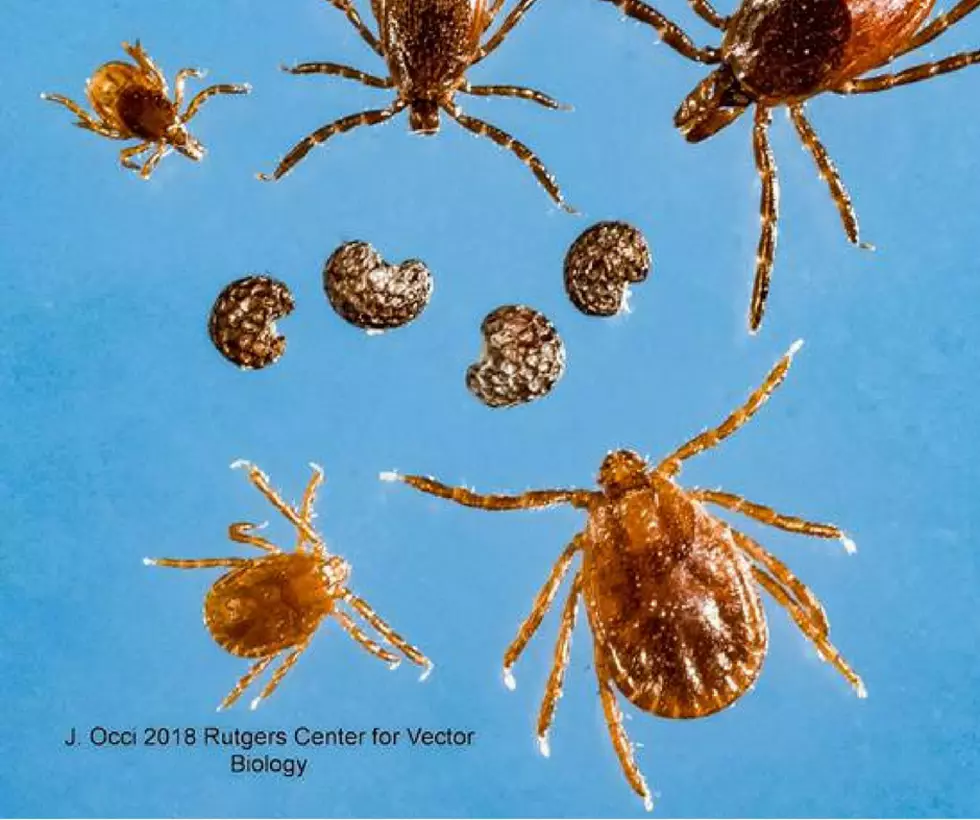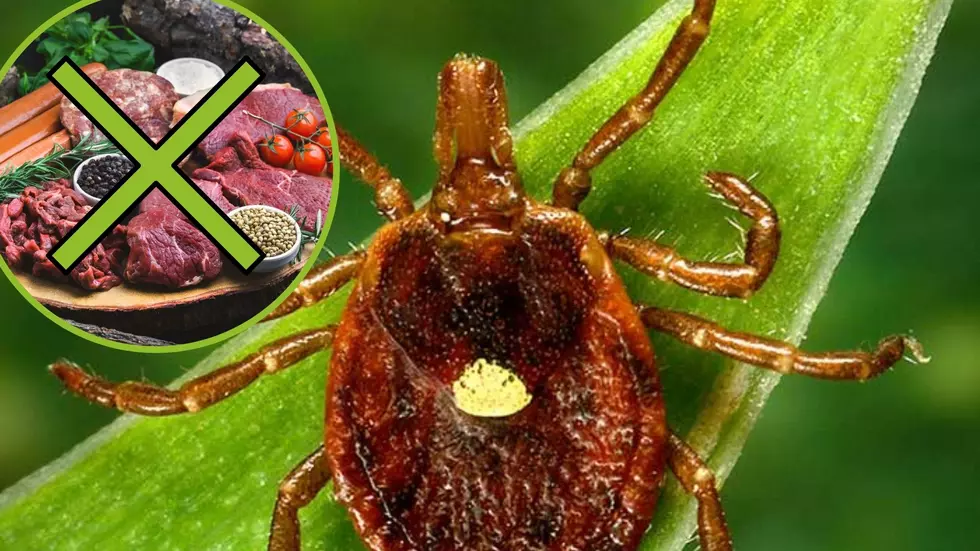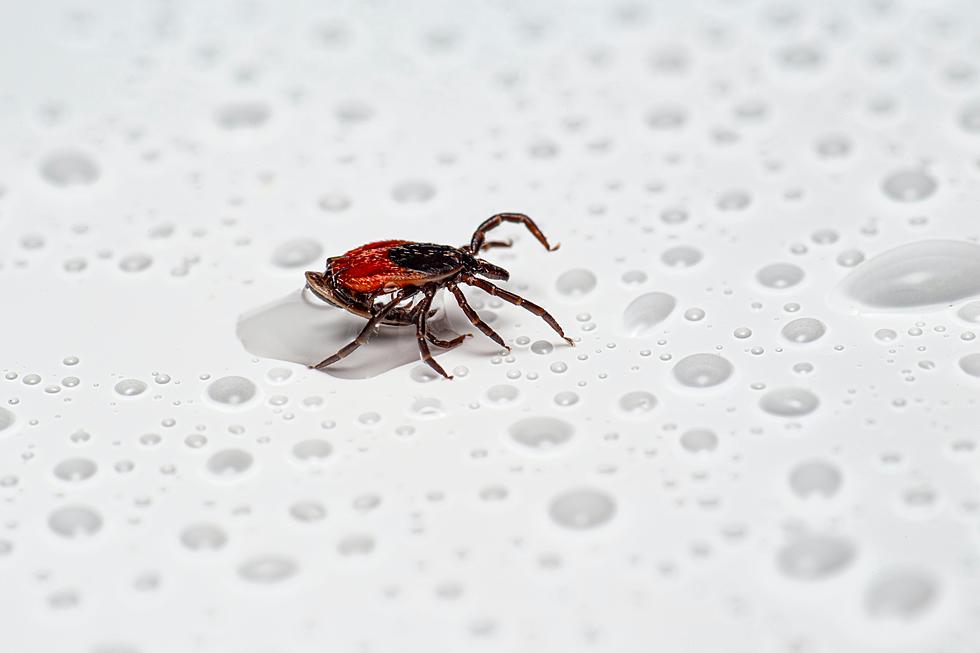
Health Officials Urge Caution As New Species of Tick Found in NY
Officials are urging residents to take precautions as they say a new species of tick has been found in New York State.
According to the NYS Departments of Health of Agriculture says this new species of tick - the Haemaphysalis longicornis tick, commonly known as the "longhorned tick," was recently found in multiple locations in Westchester County. The longhorned tick is native to Australia.
"While the longhorned tick has transmitted disease to humans in other parts of the world, more research is needed to determine whether this can happen in the United States. Regardless, New Yorkers should continue to take steps to protect themselves, their children and their pets against ticks and tickborne diseases that are present in New York State. This tick is also a concern for the New York State agricultural industry and may pose a threat to livestock."
State Health Commissioner Dr. Howard Zucker said, "Taking steps to protect yourself, your children and pets against ticks is the best way to prevent tick bites and tickborne diseases. We will continue to conduct surveillance and research on this new type of tick, but it is encouraging that the same steps that protect against deer ticks are also effective against the longhorned tick."
Tick Prevention Tips
While hiking, working, or spending time in wooded areas:
- Wear long pants and long-sleeved shirts to protect against ticks other biting insects.
- Check for ticks often while outdoors and brush off any ticks before they attach.
- Perform a full body check multiple times during the day, as well as at the end of the day to ensure that no ticks are attached.
- Consider use of repellents containing DEET, picaridin or IR3535, following label instructions.
If you have been bitten by a tick of any kind, contact your health care provider immediately if you develop a rash or flu-like symptoms.
For more information about Lyme disease and other tick-borne diseases, visit: https://www.health.ny.gov/diseases/communicable/lyme/.
More From Lite 98.7









